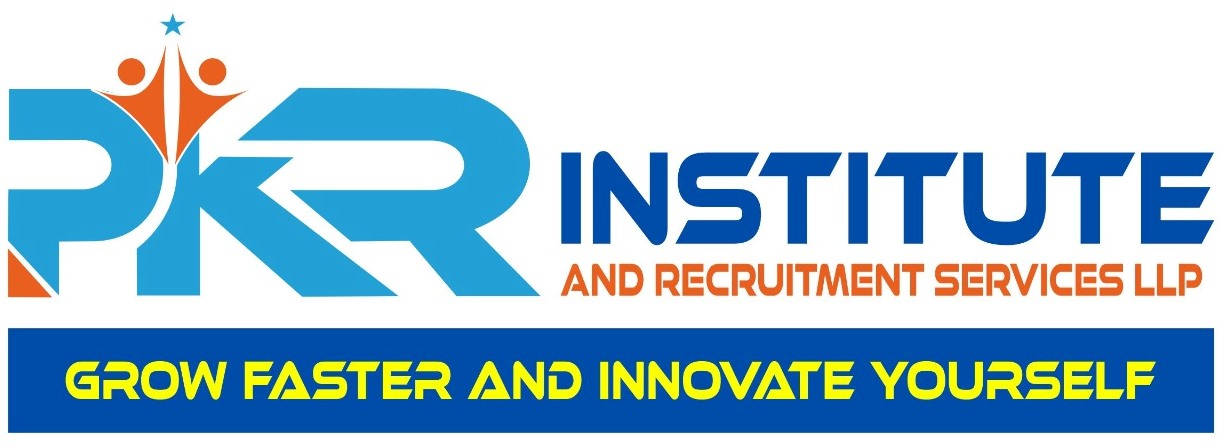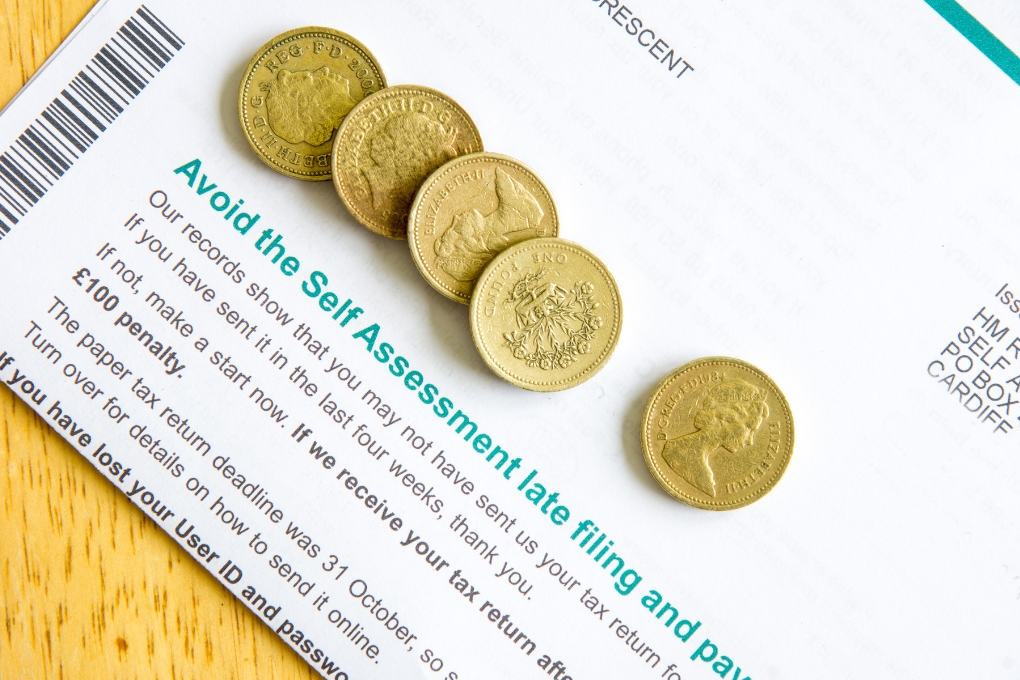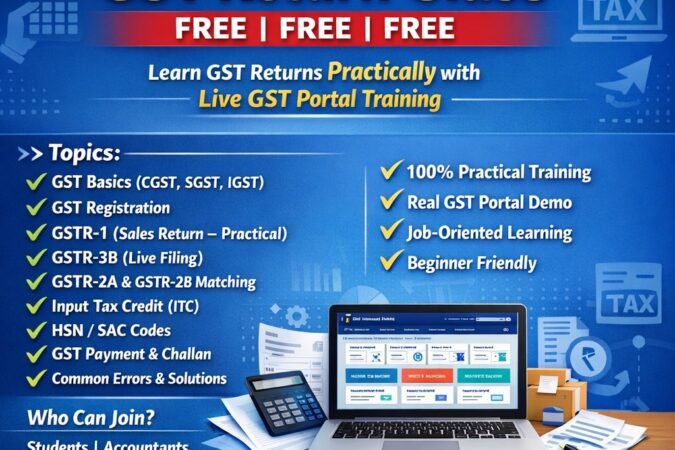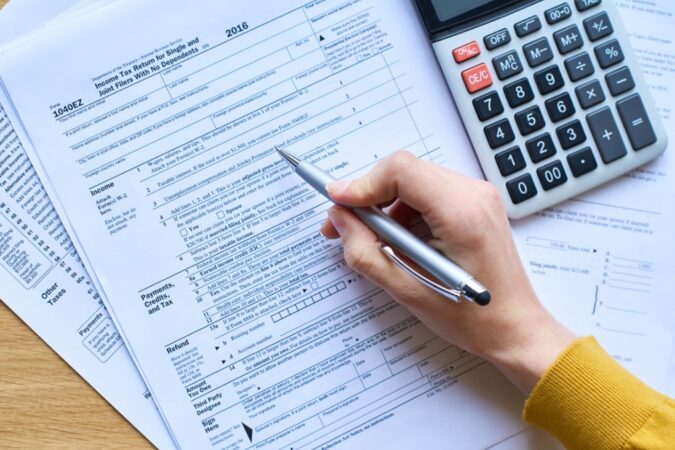Self-assessment is a crucial tool for personal and professional development. It involves critically examining your strengths, weaknesses, skills, and experiences to gain a deeper understanding of yourself and identify areas for improvement.
Here’s a comprehensive framework to guide your self-assessment:
1. Personal Qualities:
- Strengths: Identify your positive qualities, such as resilience, creativity, communication skills, problem-solving abilities, or leadership potential. Reflect on situations where you demonstrated these strengths and the impact they had.
- Weaknesses: Acknowledge your areas for improvement. Be honest with yourself about aspects you struggle with, such as time management, public speaking, or conflict resolution.
2. Skills and Knowledge:
- Technical Skills: Evaluate your technical proficiencies relevant to your field, such as software expertise, data analysis, or specific industry knowledge. Identify areas where you are strong and those where you need to upskill.
- Soft Skills: Assess your soft skills, such as collaboration, teamwork, emotional intelligence, and adaptability. Reflect on how these skills contribute to your success and identify areas for improvement.
3. Achievements and Experiences:
- Accomplishments: Reflect on your past achievements and successes in both personal and professional settings. Identify the skills and qualities that contributed to your accomplishments.
- Challenges and Learning Experiences: Analyze past challenges and setbacks. What did you learn from these experiences? How did they help you develop your resilience and problem-solving skills?
4. Goals and Aspirations:
- Short-term and Long-term Goals: Define your personal and professional goals. How do your strengths and weaknesses align with your ambitions?
- Actionable Plan: Develop a concrete action plan to address your weaknesses and work towards your goals. This may involve seeking further education, acquiring new skills, or seeking mentorship.
Additional Tips for Effective Self-Assessment:
- Be honest and objective: Don’t sugarcoat your weaknesses or overinflate your strengths.
- Seek feedback: Ask trusted friends, colleagues, or mentors for their honest feedback on your skills and work ethic.
- Embrace continuous learning: View self-assessment as an ongoing process, not a one-time event. Regularly reflect on your progress and adjust your goals and action plans accordingly.
Course Features
- Lecture 0
- Quiz 0
- Duration 10 weeks
- Skill level All levels
- Language English
- Students 1
- Certificate No
- Assessments Self






